研究会「情報・認知領域の安全保障」
しかし、情報・認知領域の安全保障に関する取り組みはいまだに十分とは言えません。これまでは言語の壁に守られてきた日本の情報空間ですが、AIの発達はこうした状況を大きく変える可能性があります。
また、情報・認知領域に関して過度な規制を行えば、これは言論・思想の統制という極めて望ましくない事態を引き起こし、安全保障政策が守るべき社会の民主的ありようを損なうことになります。
以上のような複雑な状況の中で、情報・認知領域安全保障に関する最新の研究動向を把握し、具体的な政策提言にもつなげていくことが本分科会の目的です。

活動記録
2024.11.08 (金)
ニュース
イベント情報
偽情報ハッカソン「Hack the Disinfo 2024」が開催されました
2024.08.26 (月)
ニュース
イベント情報
偽情報対策ハッカソン「Hack the Disinfo 2024」の開催について
2024.03.22 (金)
ニュース
お知らせ
トマス・リッド教授のROLES訪問
2024.03.22 (金)
イベント
セミナー
RCASTセキュリティ・セミナー:ウクライナ侵略におけるロシアによるアクティブ・メジャーズ
2023.12.13 (水)
イベント
シンポジウム
ファクトチェック国際シンポジウム 「認知領域安全保障のためにファクトチェックには何ができるか?」
構成メンバー

小泉悠 Yu KOIZUMI
ロシア・旧ソ連諸国の軍事・安全保障政策 国際関係論
早稲田大学大学院修士課程を修了後、民間企業、外務省専門分析員等を経て、2009年、未来工学研究所に入所。2017年に特別研究員となり、2019年2月まで勤務。
この間、外務省若手研究者派遣フェローシップを得てロシア科学アカデミー世界経済国際関係研究所に滞在したほか(2010-2011年)、国立国会図書館調査及び立法考査局でロシアの立法動向の調査に従事した(2011-2018年)。
2019年3月、東京大学先端科学技術研究センター特任助教(グローバルセキュリティ・宗教分野)に就任し、2022年1月より同専任講師。2023年12月より現職。専門は安全保障論、国際関係論、ロシア・旧ソ連諸国の軍事・安全保障政策。
笹川平和財団上席フェローを兼任。
Research Map
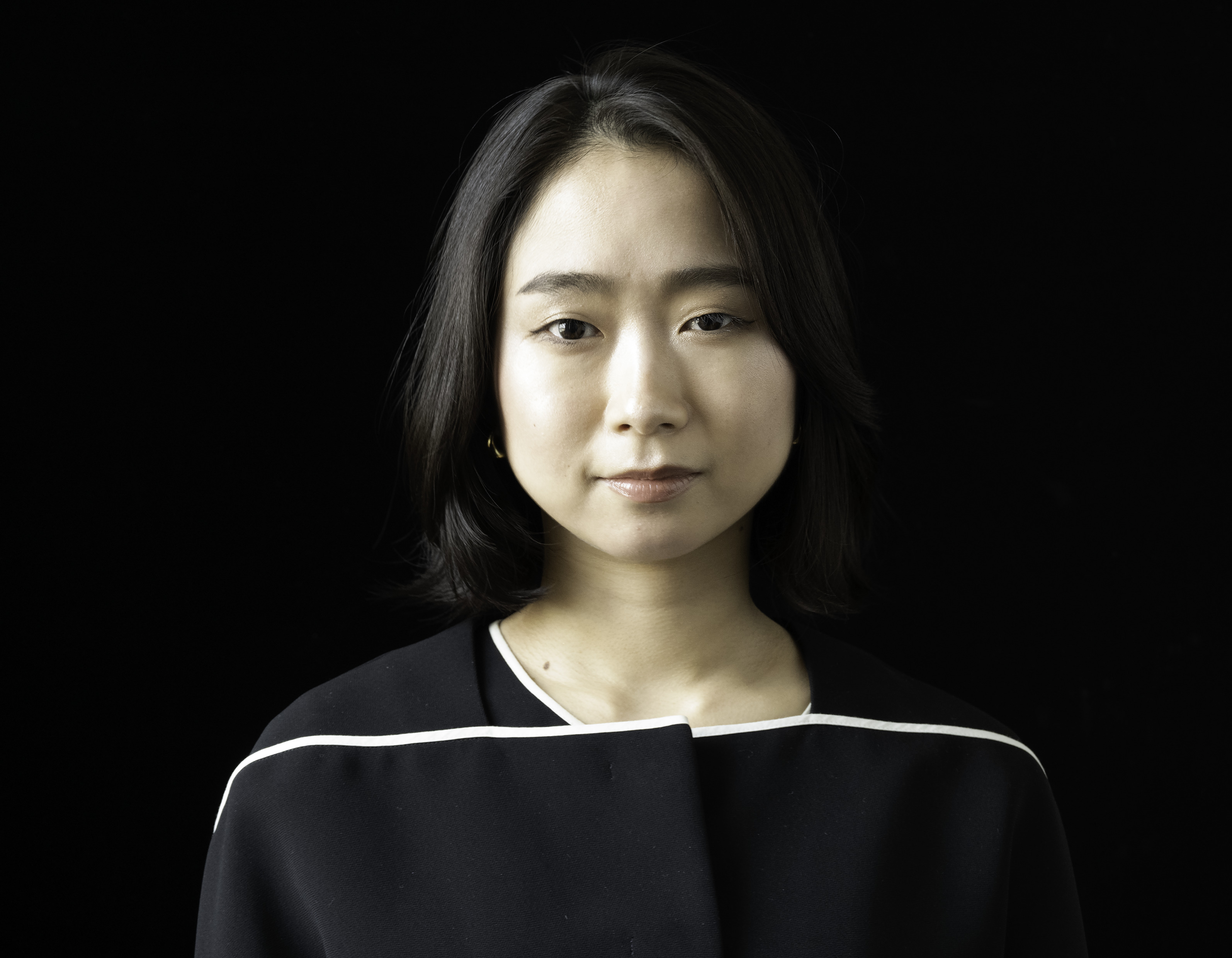
桒原響子 Kyoko KUWAHARA
笹川平和財団安全保障事業グループ研究員、外務省大臣官房戦略的対外発信拠点室外務事務官、未来工学研究所研究員を経て、現職。専門は国際公共政策、公共外交(パブリック・ディプロマシー)、ストラテジック・コミュニケーション、ディスインフォメーション・キャンペーン、メディア研究、ソフトパワー等。
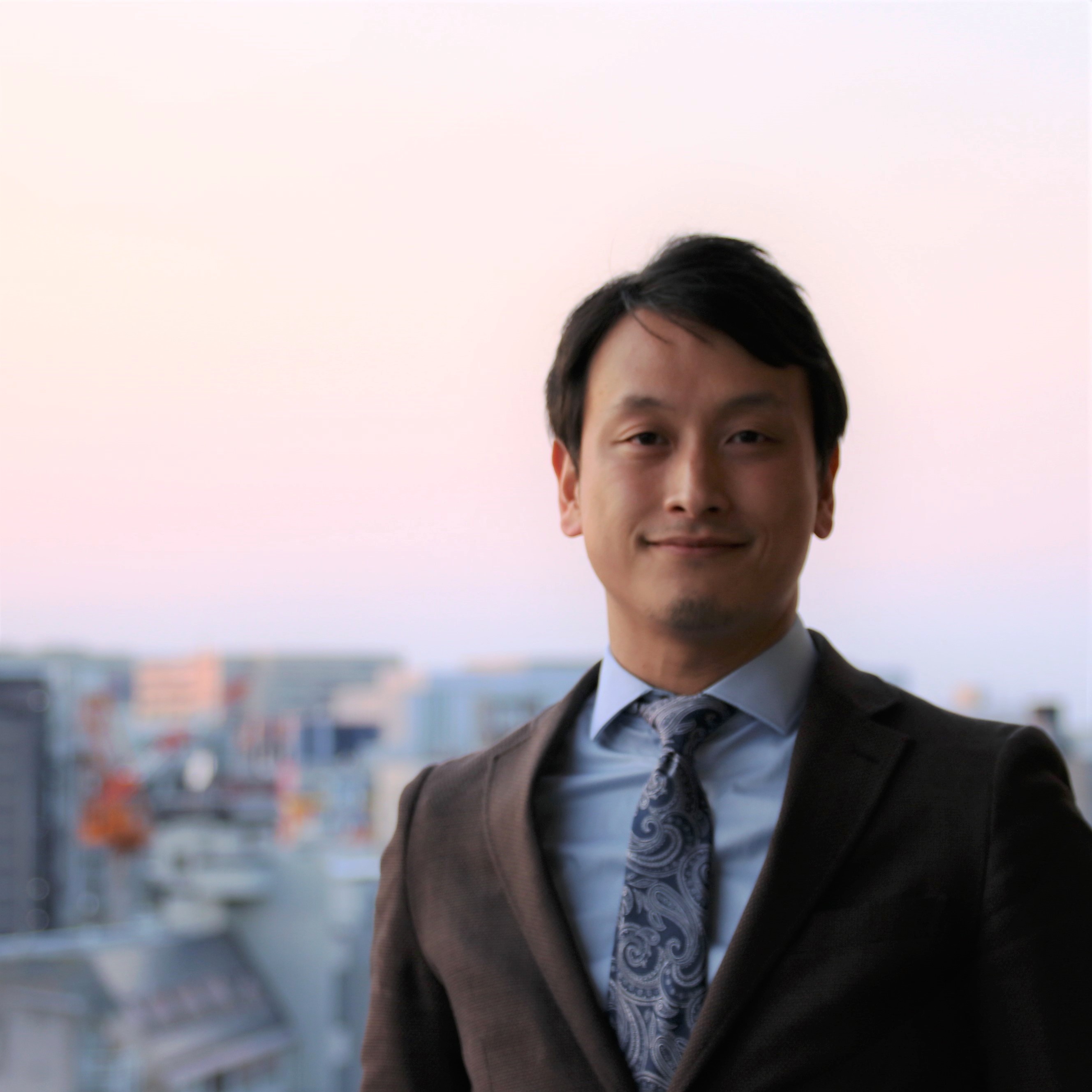
中井遼 Ryo NAKAI
比較政治学(政党政治・選挙、ナショナリズム・民族問題)
2012年に博士号取得。早稲田大学助手、日本学術振興会特別研究員、立教大学助教、北九州市立大学政策科学科准教授などを経て現職。
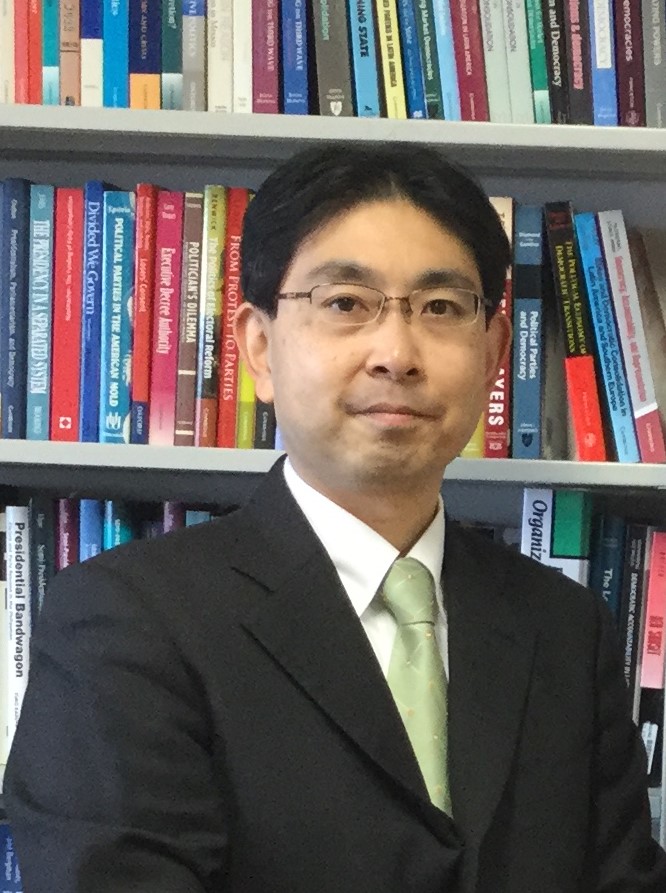
松本充豊 Mitsutoyo MATSUMOTO
2001年に神戸大学大学院国際協力研究科助手に就任、2002年には国立台湾大学国家発展研究所で客員研究員を兼任。2003年に長崎外国語大学外国語学部助教授に就任、加えて台湾中央研究院政治学研究所客員研究員などを兼任。2007年に長崎外国語大学外国語学部准教授に就任。2010年からは天理大学国際学部准教授に就任、2014年からは同大学同学部教授を務める。2015年から京都女子大学現代社会学部教授に就任。専門は比較政治学、現代台湾政治、中台関係、東アジア政治経済論。
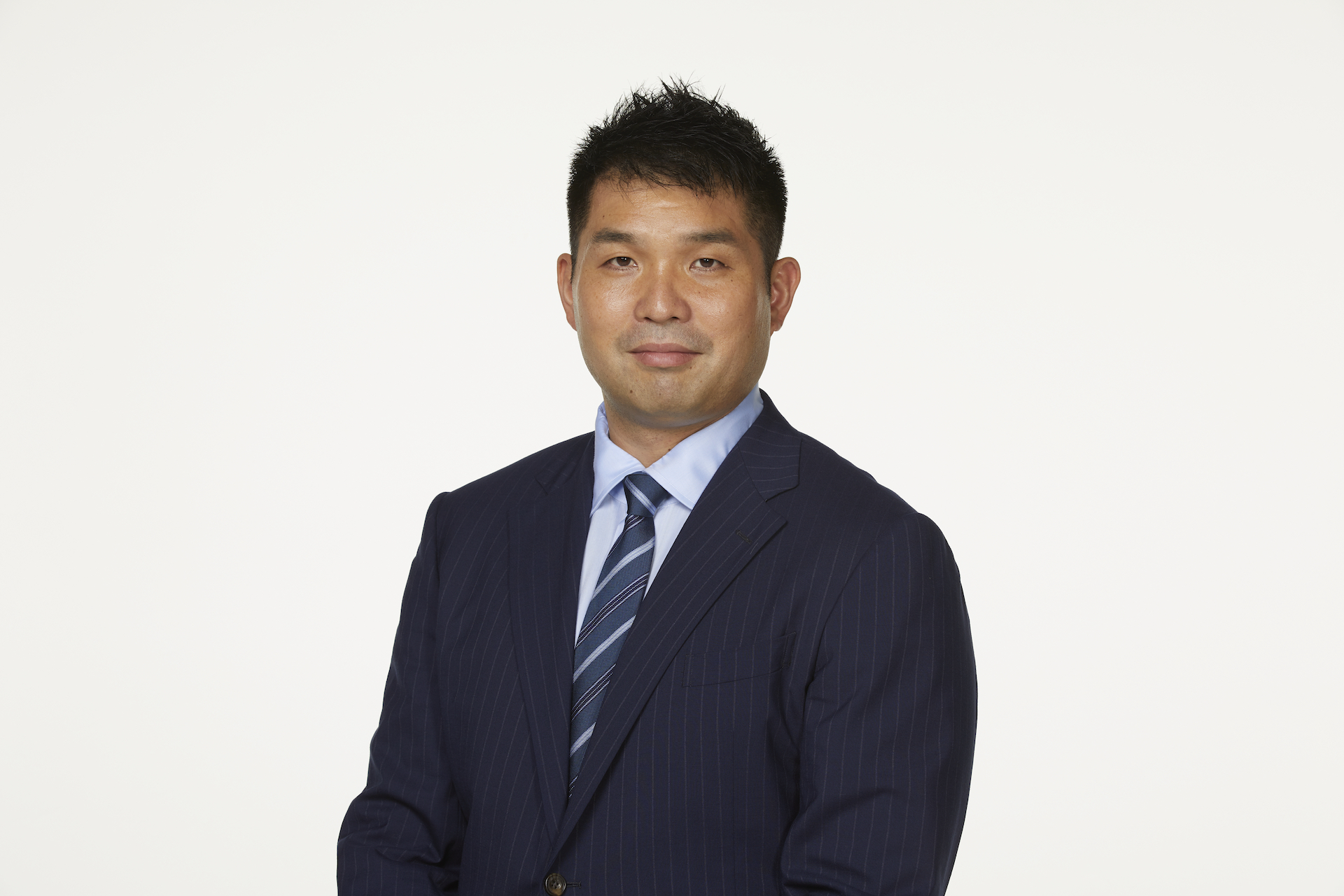
高森雅和 Masakazu TAKAMORI
プロラグビー選手としてのキャリアを終えた後、株式会社電通に入社。情報通信、小売業のコミュニケーション全般を10年以上担当。また、2011年から2014年まで、東日本大震災の復興支援を目的に設立した公益財団法人の立ち上げに参画し、福島の復興支援事業の企画と推進。2017年から、最先端テクノロジーを活用したサービス開発を担うプロジェクトマネージャーに就任。特にソーシャルメディアの分析や論調改善のソリューションに力を入れ、フェイクニュース 対策や企業のコミュニケーションのコンサルティングを行った。2021年より現職。
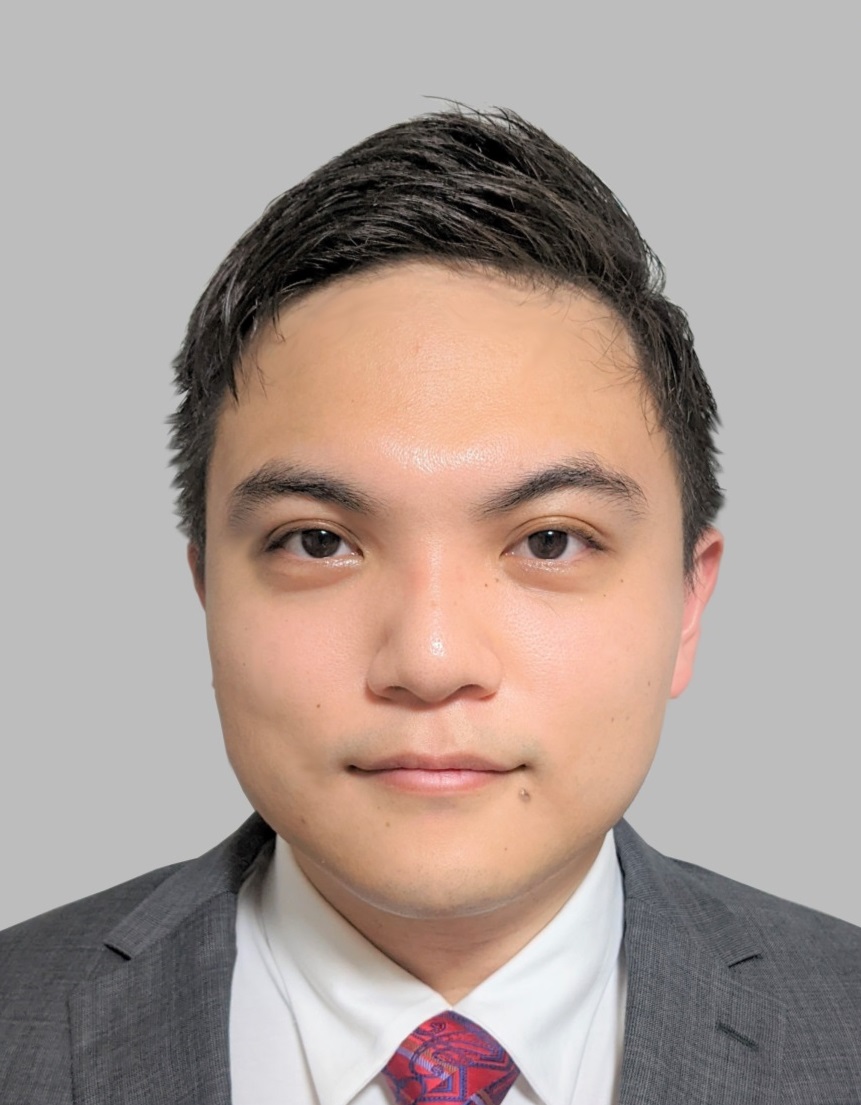
(研究室OB)田中祐真 Yuma TANAKA
東京外国語大学外国語学部卒業、東京大学大学院博士前期課程人文社会系研究科修了。2017年5月より2020年3月まで在カザフスタン共和国日本国大使館専門調査員、2020年4月より独立行政法人国際協力機構(JICA)東・中央アジア部専門嘱託を務めた後、2022年8月より在ウクライナ日本国大使館専門調査員。2023年9月ー2024年8月に東京大学先端科学技術研究センター特任研究員(グローバルセキュリティ・宗教分野)。
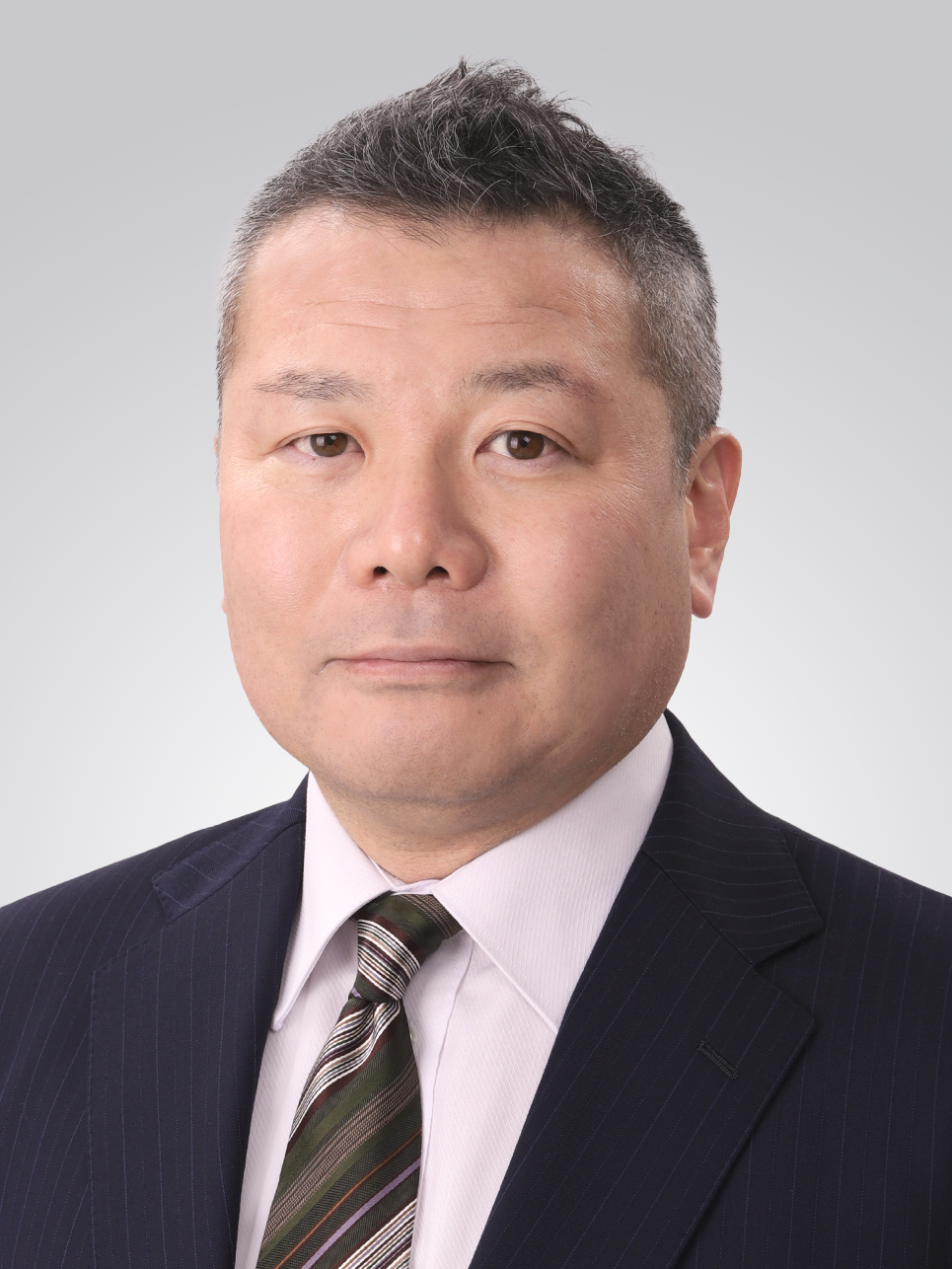
富澤寿則 Hisanori TOMIZAWA
ロシアの安全保障・サイバー、中央アジアの安全保障、危機管理

川崎剛 Tsuyoshi KAWASAKI
衛星画像分析、サイバー安全保障
